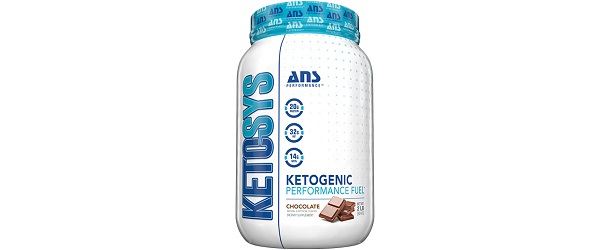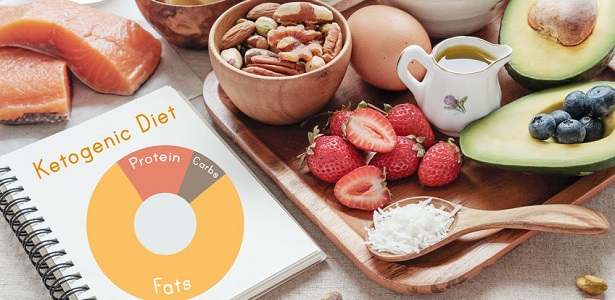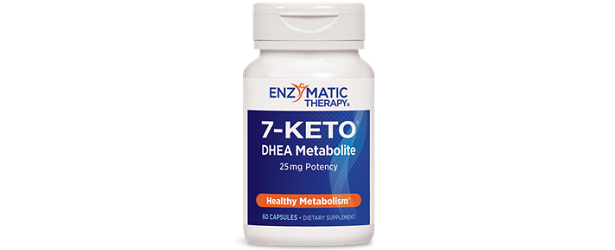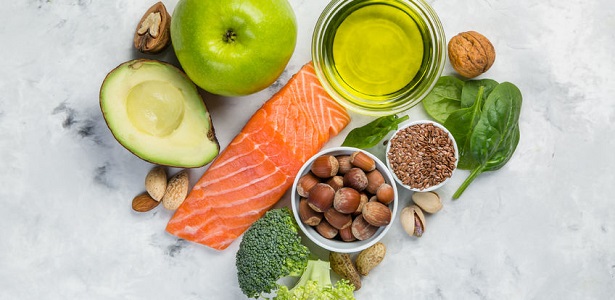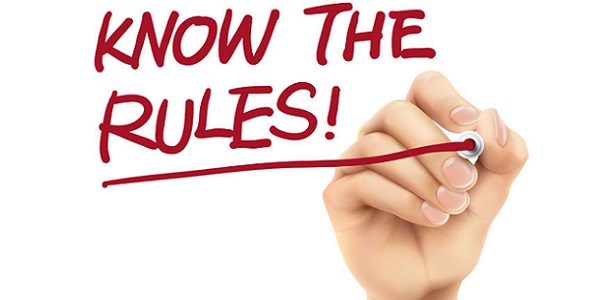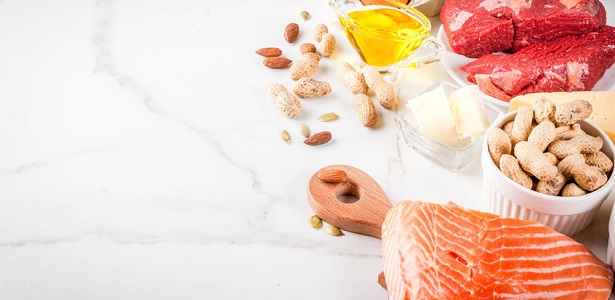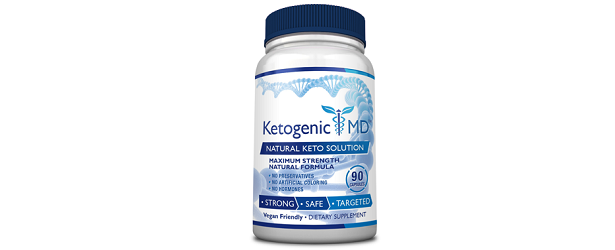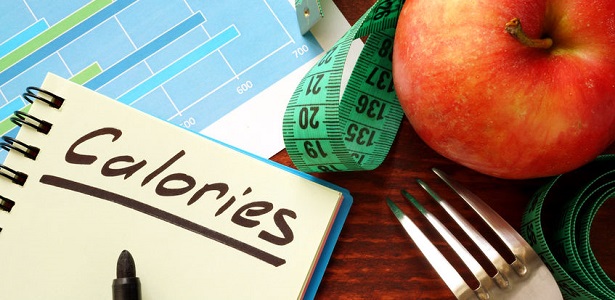
Keto Diet – The Importance Of Checking Crucial Nutrients
Besides people who are epileptic, many people are using the ketogenic diet as a way of losing weight. In many ways, this type of diet is effective in accomplishing this, as the diet consists of three elements: low intake of carbs (less than 50 grams), a moderate intake of protein, and intake of large amounts of fats. The body uses carbohydrates for fuel. When carbohydrate levels are low, the body use fats as an energy source. This is referred to as a ketogenic state. However, being on such a restrictive diet could mean that insufficient potassium or sodium is ingested. It is therefore vital to ensure that you do not deprive your body of nutrients and minerals which it needs to function correctly. Health problems may result, impeding physical performance.
Why is sodium important in your diet?
Sodium, normally associated with salt, helps the body maintain water in the body. In addition, it functions to keep the brain healthy, assisting the correct functioning of electrical signals in the brain. An imbalance of sodium can be problematic. Foods that are ketogenic-friendly, such as eggs, are sources of sodium. Supplements are an option; however, with a ketogenic diet, you should be able to obtain sufficient sodium to meet your daily requirements. Those who exercise a lot may need more sodium to replace that lost in sweat. There are health risks if you take in too much sodium, as sodium builds up in the blood. In addition, the heart has to work harder, applying pressure on the blood vessels. This could lead to a stroke, heart attack, or high blood pressure. In addition, too much sodium can lead to renal failure – in particular, as a result of kidney disease.
Why is potassium important to your diet?
The mineral potassium helps with metabolism, and in regulating acid. Also, it supports muscle and organ growth, ensuring correct heart functioning. Unlike sodium that can lead to strain on the heart, potassium helps to relax the blood vessels. Foods that are ketogenic-friendly include milk, fish, peas, various types of meat and broccoli. The ketogenic diet can lead to potassium deficiency, which is a concern. The cooking process destroys much of this mineral. Supplementation is, therefore, an alternative way of overcoming this problem.
The bottom line on sodium, potassium, and the ketogenic diet
As with any diet, especially a very restricted diet like this, do consult a doctor first. Health professionals can monitor sodium and potassium levels via blood tests. Sodium levels should be around 136 to 145 mmol/L, and potassium in the region of 3.5 to 5.1 mmol/L. Anything below or above these ranges can be problematic: your health may be at risk. Those on a ketogenic diet may become ketogenic. This affects hormone balance, especially insulin levels. Insulin helps to control sodium. Without insulin, sodium passes through the body allowing low levels of sodium. This can hamper focus and energy levels. On a ketogenic diet, you may require extra salt. The same is true of potassium: its levels are linked to those of sodium. Making sure there is enough salt in the diet can help with the potassium and sodium balance.
TOP 5
KETOTreatments |
|||||
| Approved Science Keto | Sports Research Keto+ Plus | Giant Sports International Giant Keto | Key Nutrients Key Keto | Vaxxen Labs Keto1 | |
|---|---|---|---|---|---|
| 1 | 2 | 3 | 4 | 5 | |
| Price (1 bottle) Price (6 bottles)best value |
$49.95 $139.70 |
$50.00 $300.00 |
$29.99 $179.94 |
$49.94 $299.64 |
$69.99 $419.94 |
| Overall Rating | 99.35% | 95.40% | 92.60% | 90% | 88.70% |
| Effectiveness |





|





|





|





|





|
| Speed of Results | Extremely Fast | Good | Good | Average | Slow |
| Quality of Ingredients | Premium | Good | Average | Average | Average |
| Customer Satisfaction Evaluation | 99.40% | 95.30% | 92.50% | 90.40% | 88.73% |
| Safety Evaluation | Safe for Use | Safe for Use | Safe for Use | Safe for Use | Safe for Use |
| Customer Service Rating |





|





|





|





|





|
| Reorder Rate | Highest | High | Good | Average | Average |
| Return Policy | Risk Free | Risk Free | Risk Free | Risk Free | Yes |
| Success Rate | 99.40% | 95.35% | 92.55% | 90.20% | 88.60% |

 Subscribe Now
Subscribe Now




